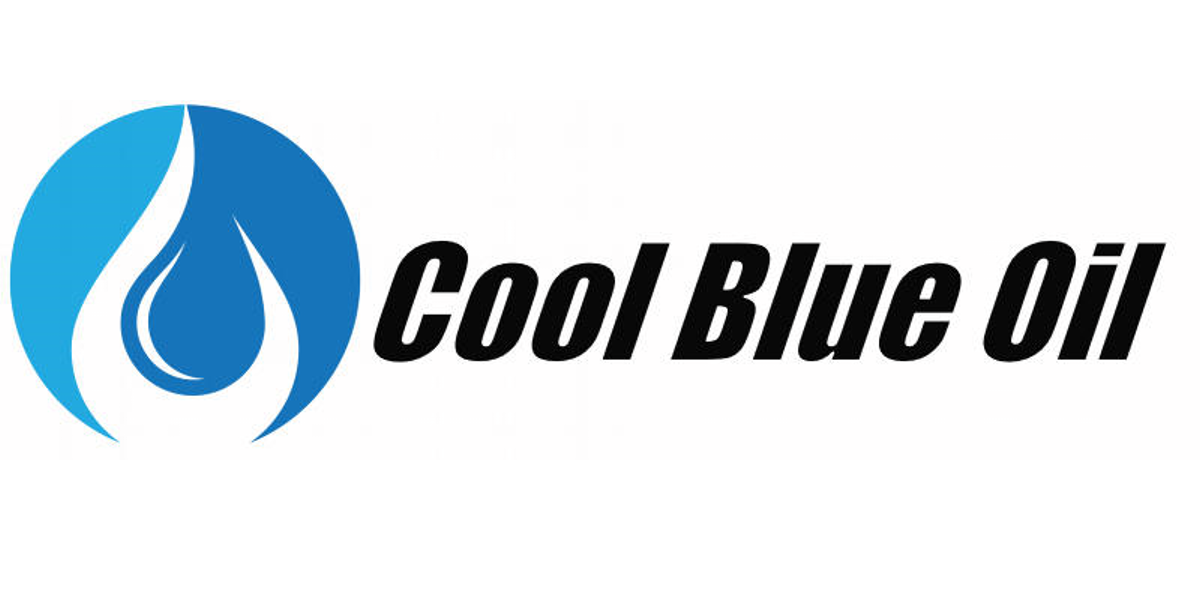What Oil Does My Car Take
Types Of Oils For Your Vehicle
Oil is the absolute lifeblood of your vehicle. It makes your entire vehicle work. Without oil, your vehicle will literally tear itself apart. Any mechanic will tell you that changing your oil is the single most important thing you can do to make your vehicle run better and longer. Fortunately, changing most oils in your vehicle is not complicated and does not require exotic tools or specialized training.

There are several parts in your vehicle that require oil. Most of these parts require different types of oils because each area is subject to different stresses and have different requirements.
Below is a list of the most common areas in vehicles that use oil and require oil changes at some point. Please note that the intervals listed are general estimates. Your owners manual will have precise change intervals, exact oil weights, and the proper amounts to add. You can also find most vehicle specific online today.
Engine Oil
-
Most Common Oil To Change. Most manufacturers recommend changing your engine oil (also called motor oil) approximately every 5,000 miles of normal driving. This is the most important oil to change as it is subject to the most stress and contaminants of all of the oils in your vehicle. Thankfully, changing your engine oil is extremely easy. Here is a step by step process to change your engine oil.
Transmission Fluid
- The transmission is what converts the power your engine produces to make your vehicle move. Today's transmissions are extremely complex, can be made with exotic metals, and are extremely expensive to replace. The good news is that unless there is a problem, you do not have to change your transmission fluid nearly as often as engine oil. Your owners manual will give you a detailed schedule of when to change your transmission fluid. Transmissions require a specialized oil called transmission fluid. Manufactures require specific fluid for a transmission that will be listed in the owners manual.
Differential Fluid
- This is sometimes called "Gear Oil" or "Diff Fluid". The differential the device on your vehicle that splits the power from your transmission to the wheels to make your wheels spin, moving you down the road. Inside your differential are gears that mesh tightly together. These gears require lubrication in the form of oil. Thankfully, unless your vehicle is subject to extreme driving or racing, you should not have to change your differential fluid often. A good rule of thumb is to change this every 75,000 to 100,000 miles. Again, refer to your owners manual for exact intervals. Changing differential fluid is relatively easy but does require an inexpensive hand pump to put the new oil into the differential. If you can change your engine oil, you should be able to change your differential fluid.
These are the 3 most common oils that should be on your maintenance schedule to keep your vehicle running in top condition. Learning when and how to change these oils is not hard, do not require specialized training, and utilize common tools your probably already have or can access easily.
Learning these maintenance skills will save you thousands of dollars over your lifetime in paying someone else to do these simple tasks. Additionally, there is a tremendous level of satisfaction in doing something good for your car, truck, motorcycle, boat, ATV or whatever you drive.

If you need help understanding the differences between types of motor, gear and transmission fluids, we have a guide to answer those questions available here.
We hope this helped you to understand the oils your vehicles need. When you are ready to tackle these jobs we hope you will consider TriboDyn Lubricants.
TriboDyn is the only synthetic lubricant with a patented ceramic coating technology that outperforms all other lubricants in minimizing friction inside your vehicle.
